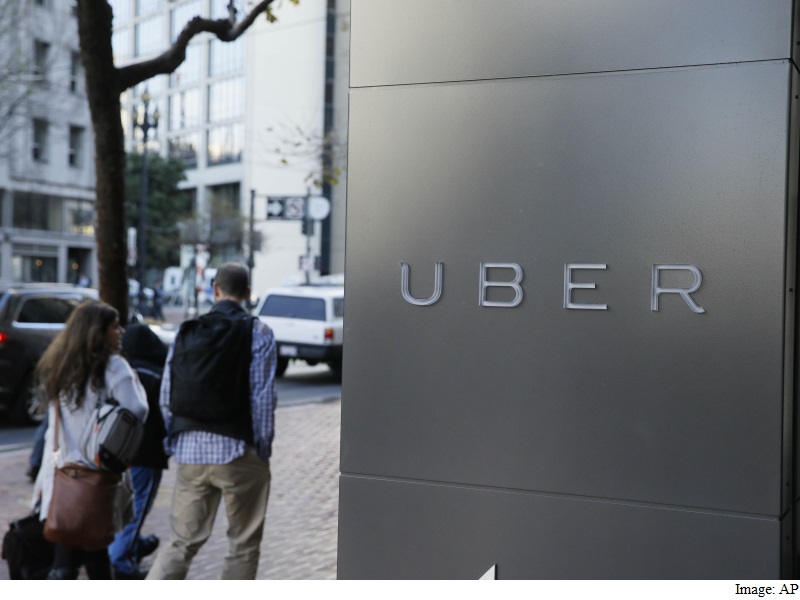
The US Chamber of Commerce planned to sue the city of Seattle on Thursday to challenge an ordinance allowing drivers of ride hailing apps Uber and Lyft to unionise, saying it violates federal antitrust laws.
Seattle last year became the first US city to pass a law giving drivers for companies such as Uber and Lyft, as well as taxi and for-hire drivers, the right to collectively negotiate on pay and working conditions.
City officials took action amid growing concerns about how drivers are compensated. Both Uber and Lyft vigorously opposed the measure, arguing that existing federal labour law trumps local legislation.
The Chamber, a federation of more than 3 million businesses, would be the newest entry into the growing legal battle being waged by numerous factions in courts across the United States over whether the drivers are independent contractors or employees, and what sort of benefits they should have.
“Seattle and thousands of other municipalities would be free to adopt their own disparate regulatory regimes, which would … inhibit the free flow of commerce among private service providers around the Nation,” a copy of the lawsuit provided by the business group said.
The Chamber was asking a judge in US District Court in Seattle to suspend the city’s law.
The ordinance, approved unanimously by the city council but opposed by Seattle Mayor Ed Murray, was an unprecedented challenge by a city to the companies’ business model, which relies on independent contract drivers to keep costs down.
Seattle officials said in December they were prepared for a lawsuit. Councilman Mike O’Brien, who proposed the measure, told Reuters he made sure the city had sufficient financial resources to wage a protracted legal battle.
“We have millions of dollars set aside,” he said.
Richard Reibstein, a labour lawyer who runs the independent contractor practice at Pepper Hamilton, said Seattle’s law is a threat not only to Uber and Lyft but to all the businesses the Chamber represents.
“If a municipality could pass an ordinance of this nature addressed to the ridesharing industry, it could pass an ordinance of this nature against any industry and all industries,” he said.
The Chamber also argues that Seattle cannot make a determination about the employment status of Uber drivers before the National Labor Relations Board makes a decision. The board is reviewing at least four cases from Uber drivers, and is expected to make a blanket decision concerning their employment status.
[“source-ndtv”]





